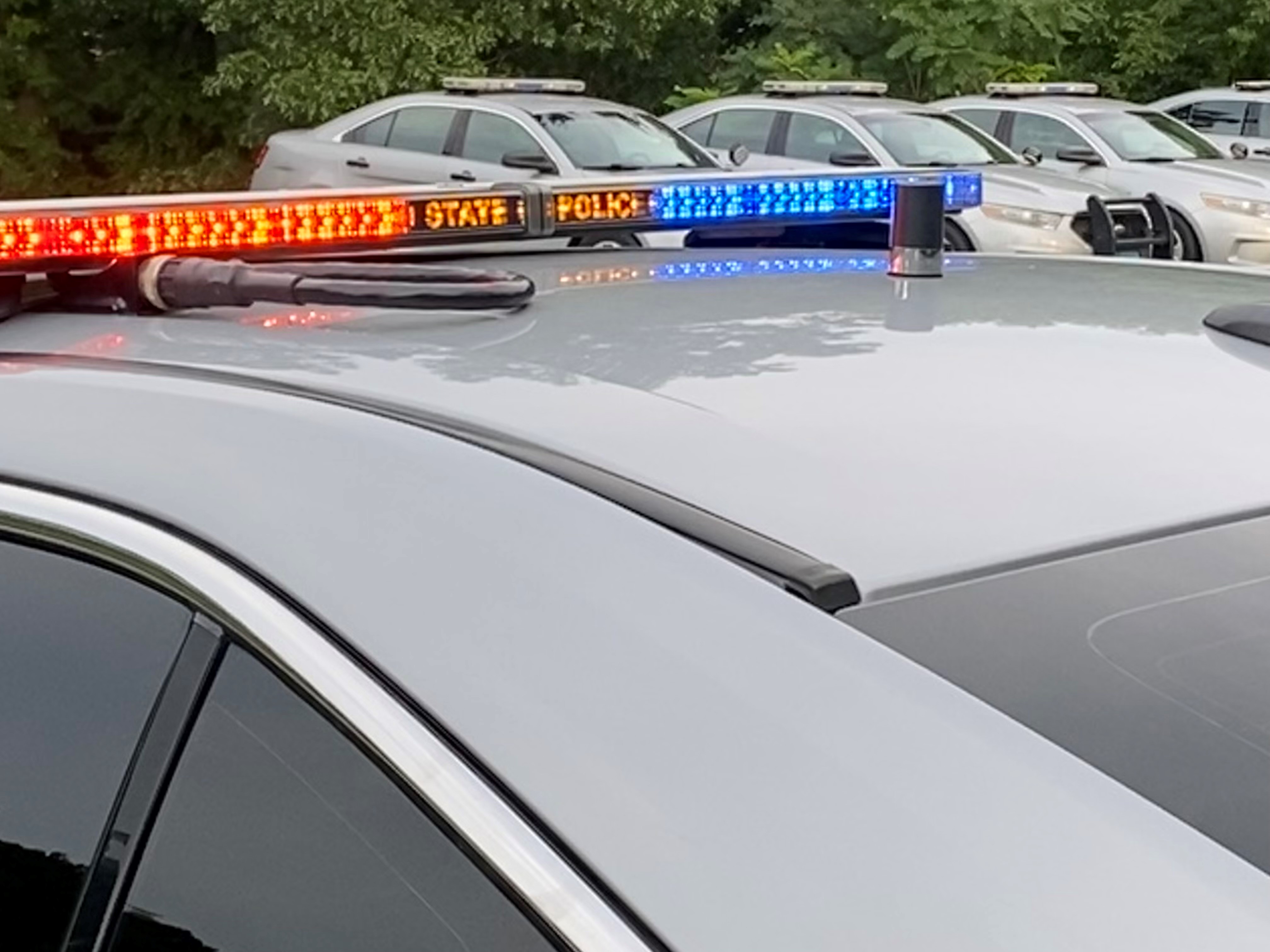Connecticut Secretary of the State Denise Merrill has announced that she will stop distributing the e-newsletter that has become the center of controversy and said she has asked for a state audit to examine the publication's legality.
Merrill has recently come under fire for the e-newsletter, which has been published for five months and distributed to a list of more than 5,000 recipients.
Peter Lumaj, a Republican candidate for Secretary of the State, released a statement Tuesday expressing concern that Merrill was using the newsletter for political gain and to garner support in a future election.
Lumaj said he has urged the State’s Election Enforcement Commission, the Office of State Ethics and the State Attorney General’s Office to launch a full investigation into Merrill’s ethics. He's also asking for a full reimbursement of taxpayer funds used to publish the e-newsletter, according to the statement.
Lumaj called the e-newsletter “a clear and blatant abuse of power” and said it was “not intended to serve the people of Connecticut in any way, but rather just served the political interests of Denise Merrill,” he said in the statement.
But Merrill said the newsletter was meant to inform the public rather than to rally support.
In a statement released Tuesday afternoon and again in a news conference held at 3:30, Merrill apologized for the controversy.
Local
“I feel terrible that the way we sent out these newsletters has created the impression for some that I am using my office to somehow campaign for a future election,” Merrill said, in a statement. “This was never the intent and I am deeply sorry if that impression has been created.”
Merrill said the idea for the newsletter developed while she was traveling the state to speak on civic engagement. She said people had asked why her office wasn’t sending out more information about its undertakings.
“The intent of this e-newsletter program is to let people know what we are doing at the Secretary of the State’s office. It is part of our job to tell the citizens what we are doing,” Merrill said in a statement, adding that she thought it was a cost-effective way of spreading the word.
Merrill confirmed that many newsletter recipients did, in fact, come from a private list of 2010 campaign contacts, but said those names, along with personal and professional contacts developed over 20 years, only served as the basis for her distribution list.
She said her publication was delivered to Republicans and Democrats alike and denied creating a database of contacts and their political affiliations.
“In hindsight, I can see how this created a bad impression, and I take full responsibility for that simple fact,” Merrill said. “Every human being makes mistakes, and I am no different. The important thing is to recognize when you have a problem, and take corrective action.”
Merrill has called on the state Auditors of Public Accounts to review the publication and determine whether resources “were properly and prudently used” and whether her office “was in compliance with all legal requirements” in distributing the newsletter.
“While I don’t think there is anything either legally or ethically wrong with sending out communications in this way, I need to assure the public that this is the case,” Merrill said.
The issue comes three years after a similar debate surrounding Merrill’s predecessor, Susan Bysiewicz, who compiled a constituent database of 2,5000 Democratic party delegates during her campaign.



